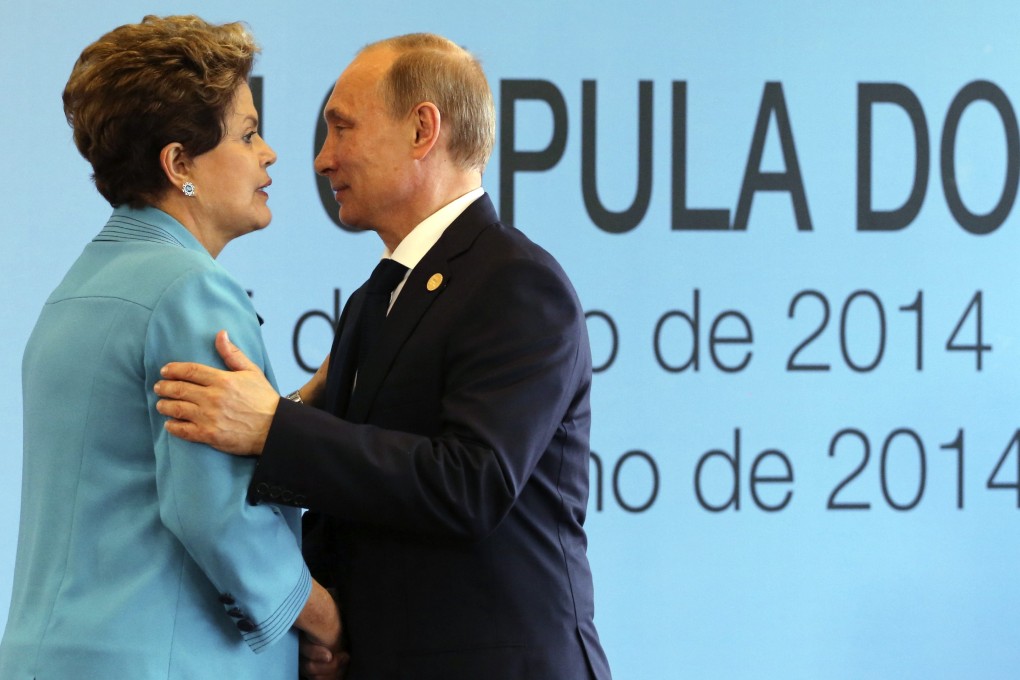BRICS summit defies West's bid to isolate Russia over Ukraine crisis
The summit of the BRICS group of emerging economies in Brazil this week defies the Western push to isolate Russia, a sign of the increasingly multipolar world order the bloc demands.

The summit of the BRICS group of emerging economies in Brazil this week defies the Western push to isolate Russia, a sign of the increasingly multipolar world order the bloc demands.
The meetings yesterday and today's of leaders of the group's member countries - Brazil, Russia, India, China and South Africa - mark the first time Russian President Vladimir Putin has participated in an international summit since being kicked out of the Group of Eight industrialised nations over the Ukraine crisis.
"The BRICS grouping has shown that the West can no longer co-opt emerging powers into falling into line, even about crucial geopolitical issues," said Oliver Stuenkel, a professor of international relations at Brazil's Getulio Vargas Foundation.
"They refused to participate in efforts to isolate Russia," he said, adding that thanks to other BRICS nations' support, it would be impossible to expel Russia from the G20 club of developed and emerging countries.
Relations between Russia and the West have hit a post-cold-war low over Moscow's takeover of Crimea and support for rebels fighting to break away from Ukraine.
In March, the BRICS members abstained from a vote at the United Nations General Assembly on a resolution condemning Russia's takeover of Crimea.